
Back in April, the Culture, Sports, and Tourism Committee of the South Korean National Assembly successfully passed the 'Popular Culture and Arts Industry Development Act'.
Also known as 'A Second 'Lee Seung Gi Crisis' Prevention Act', the law will now require that entertainment agencies regularly submit financial account reports to the Culture, Sports, and Tourism Committee at least once a year. The law also entrusts the Ministry of Culture, Sports, and Tourism with greater power to summon entertainment agency employees and affiliates during investigations for suspicious or illegal financial transactions.
Furthermore, parts of this new law have expanded regulations for the protection of underaged individuals active in the fields of popular culture and arts. Entertainment agencies will be banned from violating underaged minors' rights to education; violent and abusive language and excessive pressure over beauty maintenance will also be forbidden. Perhaps most importantly, highly specific regulations have been set in place for the maximum amount of working hours permitted for minors. Individuals over the age of 15 can now work no more than a maximum of 35 hours per week, while those between ages 12~15 can work a maximum of 30 hours, and those under 12 years old can work no more than 25 hours per week.
It's a well-known fact that the new laws were significantly influenced by the unfair treatment that singer/actor Lee Seung Gi was subject to for approximately 18 years during his time spent as an artist under Hook Entertainment. However, some industry affiliates claimed that they were hit with an unexpected blow thanks to the addition of stricter labor regulations for underaged minors.

Alleging that the newly placed regulations are "unrealistic", a total of five influential organizations associated with the entertainment industry, including the Korea Management Federation, Korea Entertainment Management Association, Recording Industry Association of Korea, Record Label Industry Association of Korea, and Korea Music Content Association issued a joint statement on May 16, denouncing the passing of the new law.
According to these five organizations, the regulation of labor hours for underaged minors will have detrimental impact in the K-Pop industry. For examples, some members of 4th generation idol groups such as NewJeans, IVE, and LE SSERAFIM will face restrictions when it comes to fulfilling their schedules, due to the fact that preparation such as hair and makeup, waiting times, and travel to and from schedule destinations all fall into the total amount hours worked. In the case of overseas schedules, the amount of time spent on a flight to an overseas destination may also fall into the total amount of hours worked.
As a result, the above five organizations have stepped up to call out "the passing of laws impeding the growth of the popular culture industry" and to demand "proper hearing of the opinions of industry affiliates in the formation of laws."
Opposers of the new regulations are putting forward the claim that such restrictive regulations may infringe on the freedom of popular culture artists to self-willing promotions.
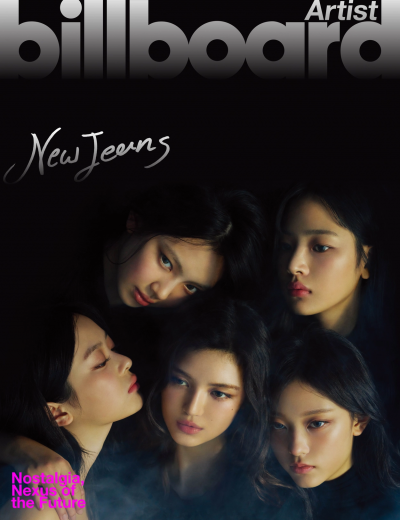


 SHARE
SHARE

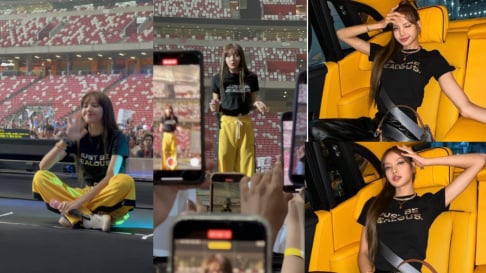


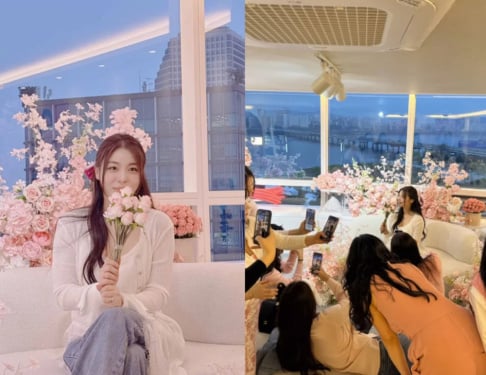
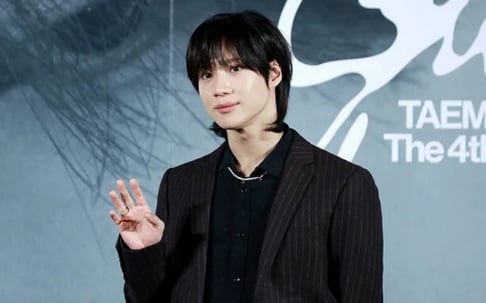
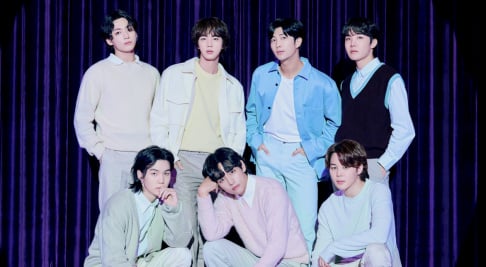

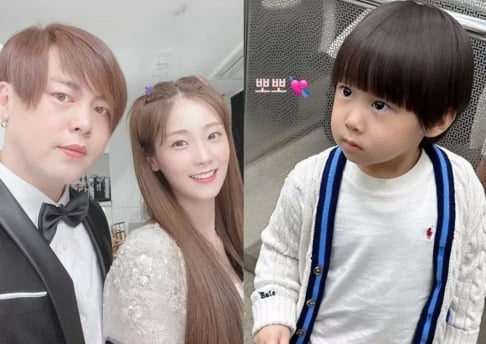
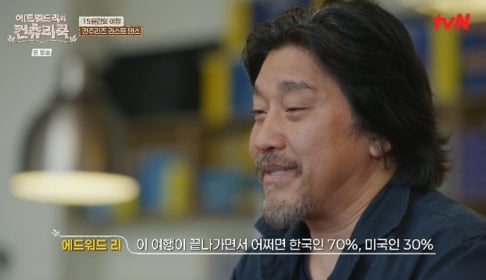
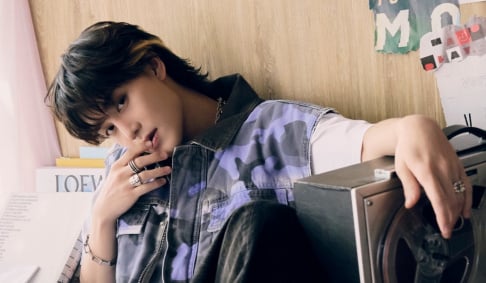
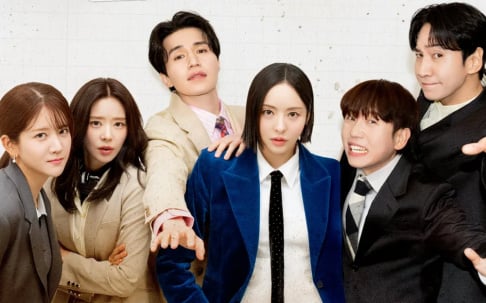

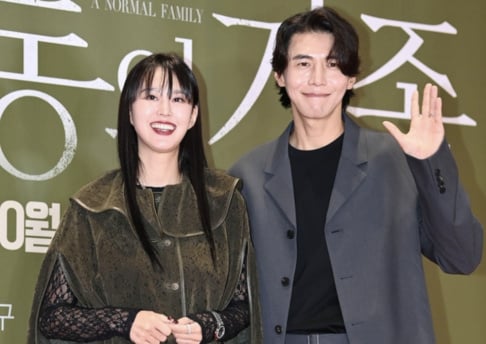

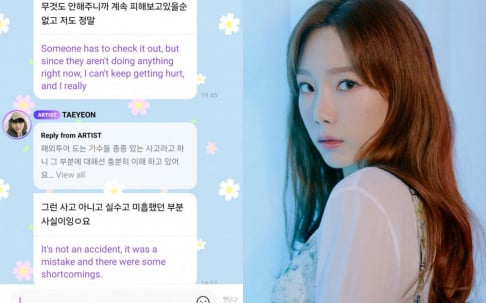
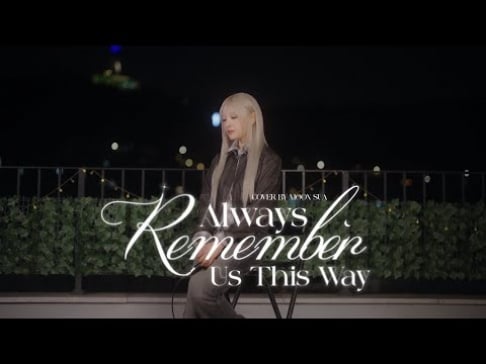
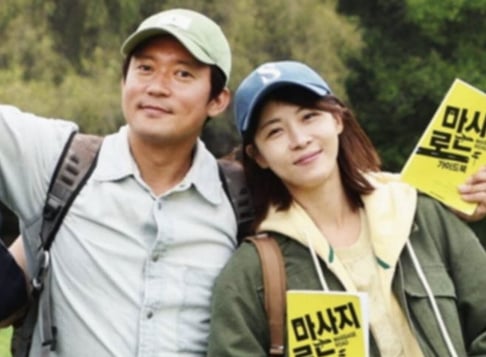

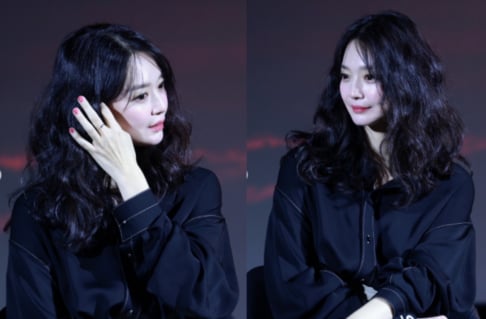

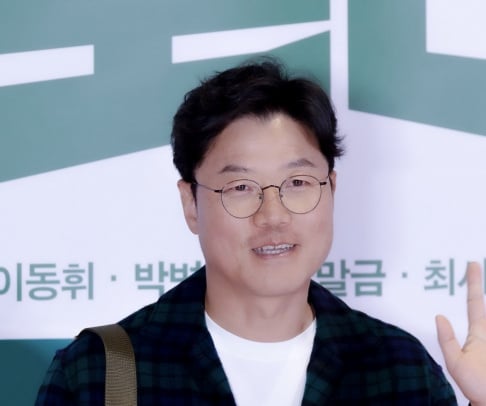
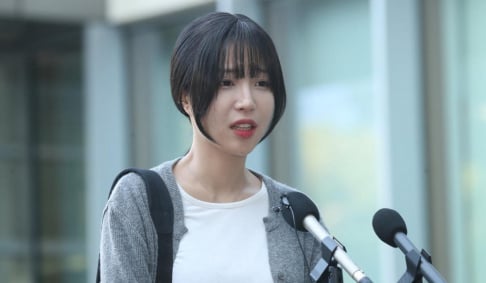
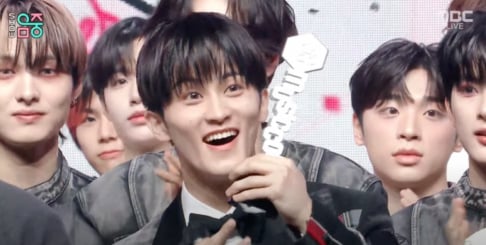
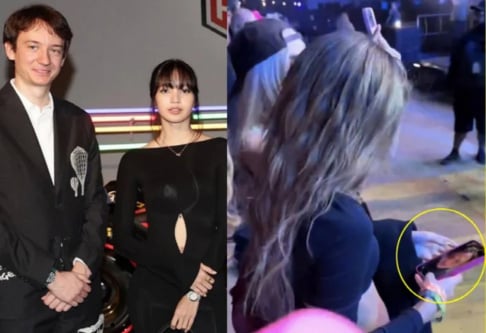
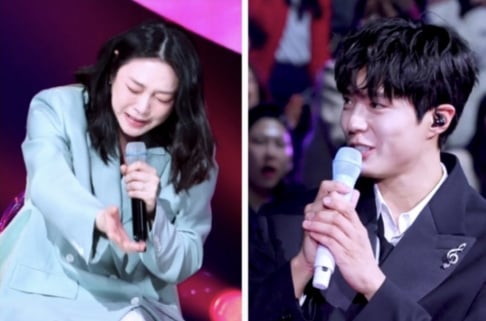
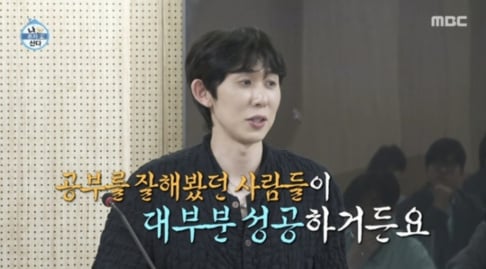
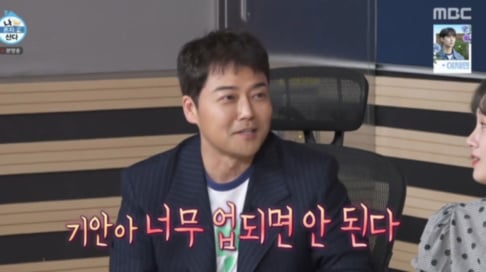
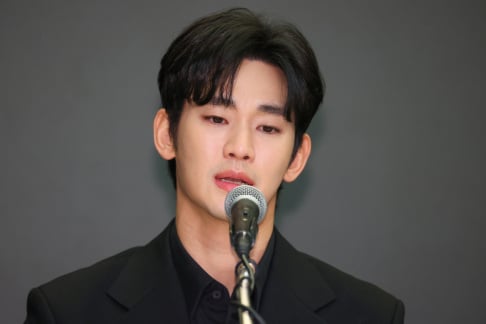
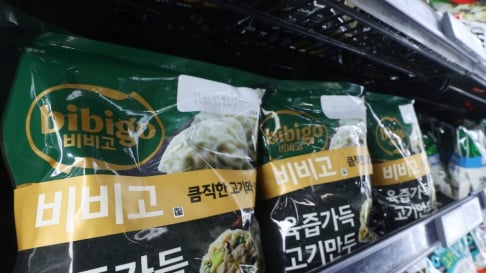
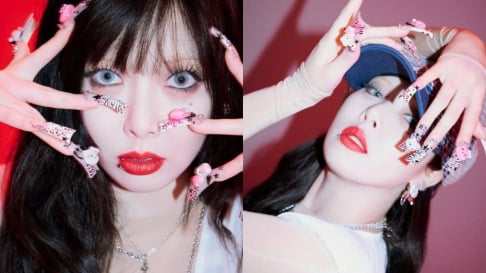
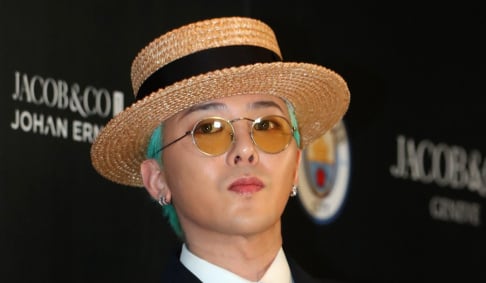


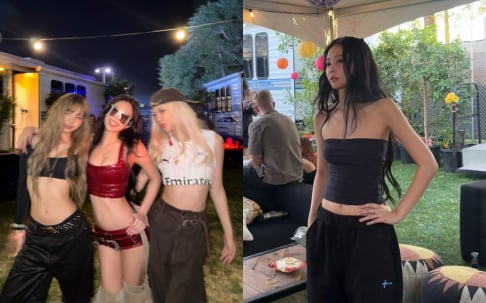
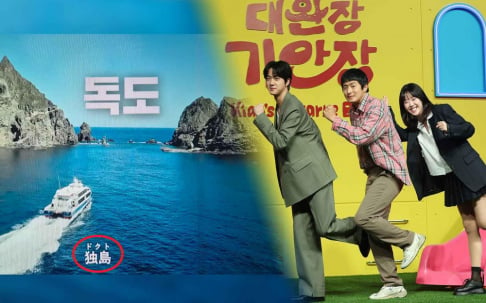

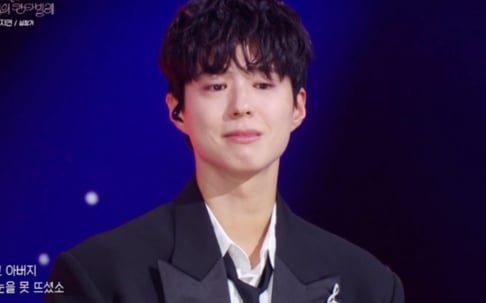







Stop debuting underage idols, problem solved
4 more replies